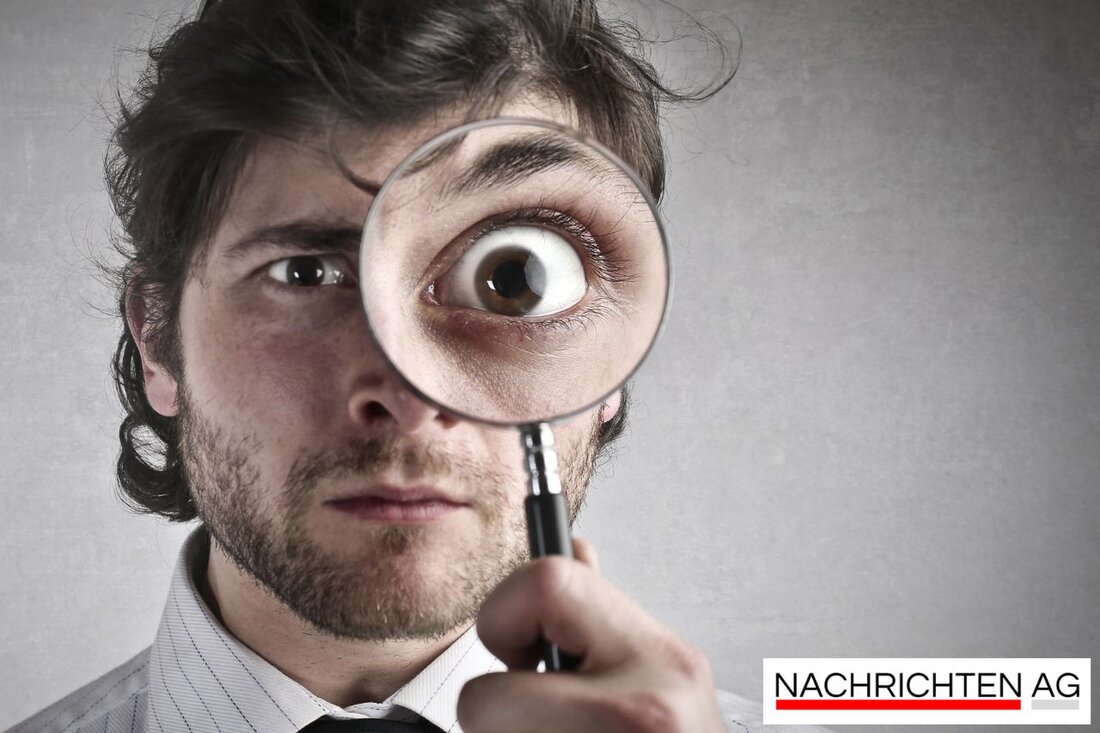Nuremberg 2025: Survivor tells of the darkness of history
On November 9, 2025, Auschwitz survivor Ernst Michel enters the press gallery in the Nuremberg Palace of Justice as the trial against Nazi criminals continues.

Nuremberg 2025: Survivor tells of the darkness of history
On November 9, 2025, Ernst Michel, a 22-year-old survivor of the Auschwitz concentration camp, enters the press box in Hall 600 of the Nuremberg Palace of Justice. About ten meters away from him sits Hermann Göring, one of the most prominent defendants at the Nuremberg Trials. The atmosphere in the hall is tense and the historical weight of the moment is literally palpable. Like that ARD media library reported, this trial takes place as part of the important Nuremberg Trials, which were conducted against the leading figures of the Nazi regime after the Second World War.
The Nuremberg Trials, which took place between November 20, 1945 and April 14, 1949, have gone down in history as the first serious legal examination of war crimes. They took place in the Palace of Justice in Nuremberg and included a total of 13 trials. The main trial, in which Göring, Rudolf Hess and Joachim von Ribbentrop, among others, sat in the dock, was the first before the International Military Tribunal. Loud Wikipedia An attempt was made here to prosecute war criminals legally for the first time.
A strange atmosphere
Another notable event is the stay of the Polish witness Seweryna Smaglewska in the Grand Hotel in Nuremberg. The 29-year-old is visibly surprised by the lavish ball that judges and prosecutors celebrated the evening before. It almost seems as if the gravity of the events discussed here is overshadowed by such celebrations. ARD documents how these contrasts increase the emotional pressure for the witnesses and survivors.
The cast of the Nuremberg Trials production is also top-class. Jonathan Berlin plays Ernst Michel, while Katharina Stark stars as Seweryna Smaglewska. Hermann Göring is portrayed by Francis Fulton-Smith. The direction is in the hands of Carsten Gutschmidt and the script comes from Dirk Eisfeld.
Background and meaning
The Nuremberg Trials are considered a milestone in the development of modern international law. They codified crimes against peace and war crimes for the first time. Criticism of the trials, such as allegations of victorious justice and lenient punishments, have not subsided to this day and are often discussed. Nevertheless, the Nuremberg jurisprudence led to important internationally recognized principles, such as that heads of state are also responsible for their crimes.
The entire review of these processes makes it clear how important the thesis of the “clean Wehrmacht” is, which was propagated by defenders and former military officers. The effects of these early trials are still felt today, and the Nuremberg Principles are proving to be the foundation for future international criminal tribunals and their efforts to achieve justice. The Wikipedia article illuminates the deep incisions that these trials have left on the legal landscape.
Overall, it can be said that the Nuremberg Trials represent an important step in the legal processing of war crimes and remind generations after us of the injustice and horrors of war.

 Suche
Suche
 Mein Konto
Mein Konto